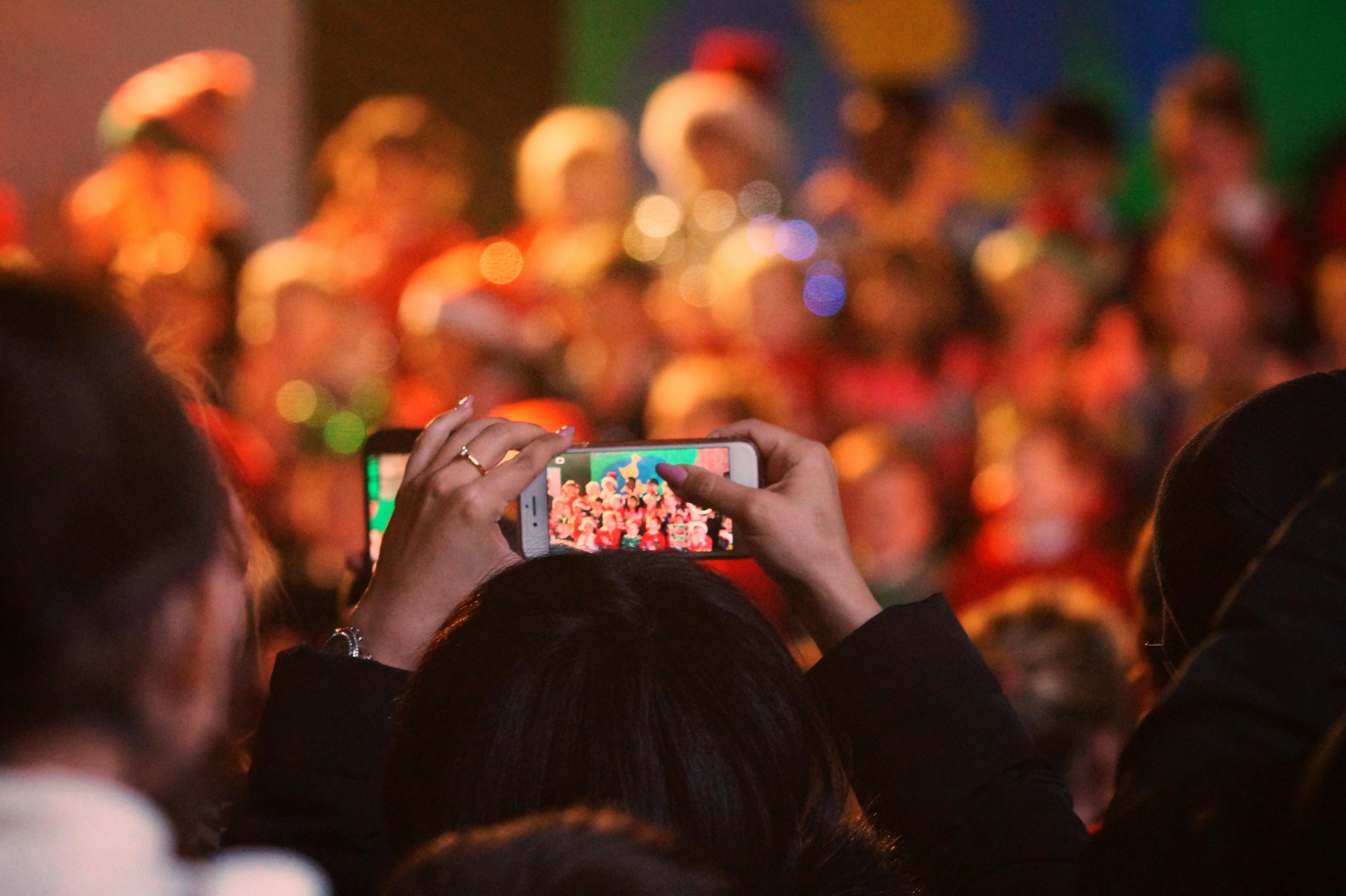Lucy Baring: 'Mary was a Disney princess, Joseph was a no-show and I had to wrestle the three kings from their phone screens to shove them up the aisle'
Columnist Lucy Baring talks Nativity, nostalgia and second-hand kitchen appliances.


Last weekend, Zam went to collect a second-hand fridge. The sellers weren’t expecting him until the following day, so he had to leave empty-handed, with the ratchet straps, the flatbed transit he’d borrowed and the young cousin he’d enlisted to help. At home, we put everything back into our old fridge. It felt like an anti-climax.
On Sunday, all surfaces were again covered by butter, bacon and jars of old things as we ate sausage rolls and Zam stared out of the window. I hovered, exuding ‘Why haven’t you gone to get the fridge yet?’ with every flick of the J-cloth. ‘I’m wondering what you’ll be doing while I collect the fridge,’ he said, ‘and I’m trying to get it into my head that that,’ he looks at the sausage-roll paper bag, ‘was lunch.’
I put another log on the fire and eyed up my book. I also noted that among the manky ends of cheese and out-of-date potatoes, there was no film canister. It’s been in every fridge we’ve owned for the past 22 years and I can’t believe we’ve lost it. I miss it.
Nostalgia, I discovered in a podcast in the ‘Queen Mary History of Emotions’ series, is a term coined in the mid 17th century, when it was used to describe a mystery illness that affected Swiss mercenaries fighting abroad. When they heard the sound of cowbells, they became morose and lethargic. Some stopped eating and starved to death.
"From some pretty chaotic ashes arose the phoenix of theatrical triumph. Or so I like to remember"
By the 1950s, its meaning had changed from extreme homesickness to longing for a bygone era. Enter the Nativity play. Our children went to a nursery school that cancelled the Nativity play two years running. We might have swallowed that the local hall was flooded, but the second time we realised the head teacher hated Nativity plays, so, as the window of opportunity for our three and four year olds to wear tea towels on their heads was closing, a friend and I took action.
Obviously, I cast Olive as Mary. She had two lines: ‘Who are you?’ and, on Gabriel’s explanation: ‘How exciting, I must tell Joseph.’ (Our script was sparkling.) Remarkably, when we turned up at the church for our only rehearsal, one mother had made a magnificent stable set with life-size asses and cows and another was playing It’s a Baby on the piano, which had never sounded so good. From some pretty chaotic ashes arose the phoenix of theatrical triumph. Or so I like to remember. Zam filmed it. And put it in the fridge.
Years later, I was asked to help in a village production in which Mary was a Disney princess, Joseph was a no-show and I had to wrestle the three kings from their phone screens to shove them up the aisle, where one of them dropped the myrrh, which shattered. The cradle was already in place, meaning that Jesus was pre-mature, and somebody knocked over a candle, splattering wax on Mary’s chair, whereupon a guilty shepherd wailed: ‘It wasn’t me.’
Exquisite houses, the beauty of Nature, and how to get the most from your life, straight to your inbox.
Gabriel mounted the pulpit, followed by his sister, who lay on the steps, holding his leg. Crooks fell near the mulled wine, the Star of Bethlehem stared po-faced at her mother, who was making frantic ‘how to twinkle’ gestures at her until the Star said: ‘Can I come down now?’ Alf refused to participate and the ensemble departed to Dancing Queen because a mobile went off and that was the ringtone. I have rarely enjoyed myself more.
By 1964, the OED defined nostalgia as a sentimental yearning for some period of the past. I appear to have a bad case.
Country Life is unlike any other magazine: the only glossy weekly on the newsstand and the only magazine that has been guest-edited by His Majesty The King not once, but twice. It is a celebration of modern rural life and all its diverse joys and pleasures — that was first published in Queen Victoria's Diamond Jubilee year. Our eclectic mixture of witty and informative content — from the most up-to-date property news and commentary and a coveted glimpse inside some of the UK's best houses and gardens, to gardening, the arts and interior design, written by experts in their field — still cannot be found in print or online, anywhere else.
